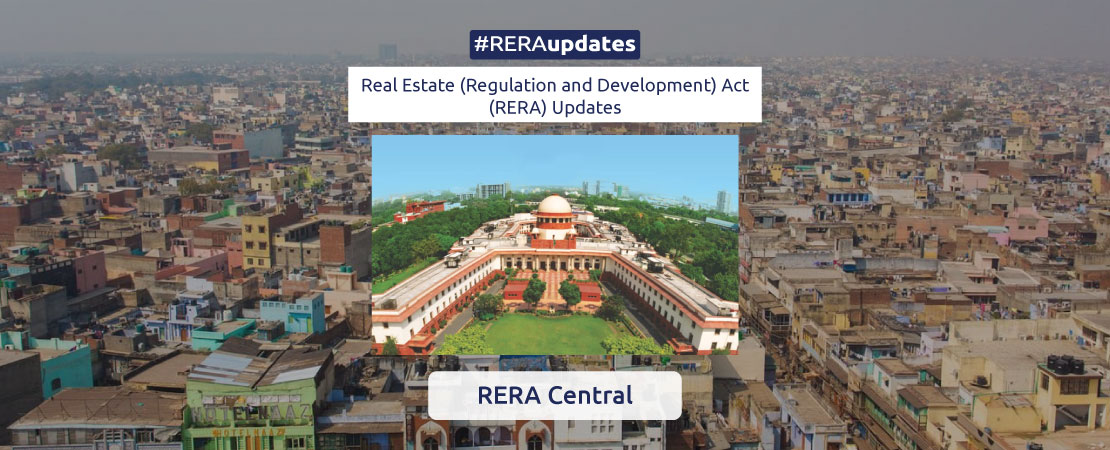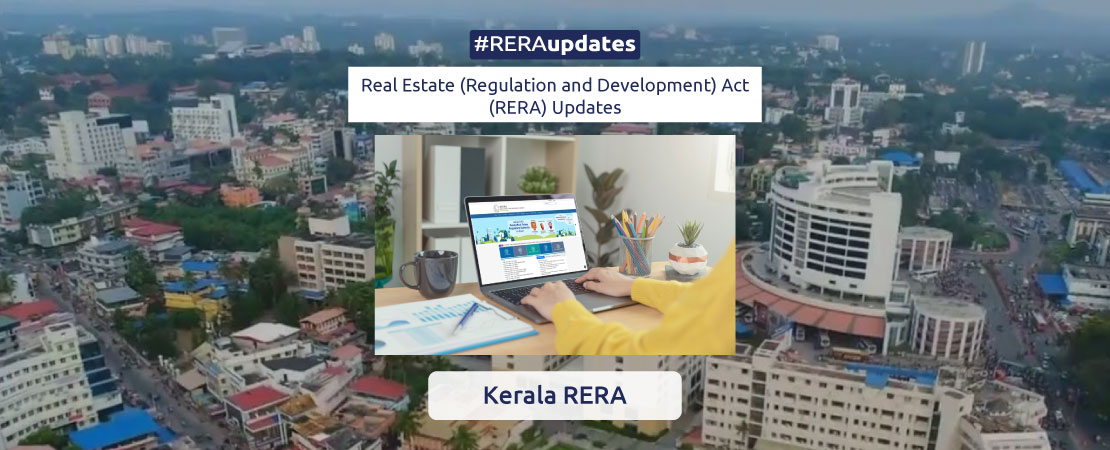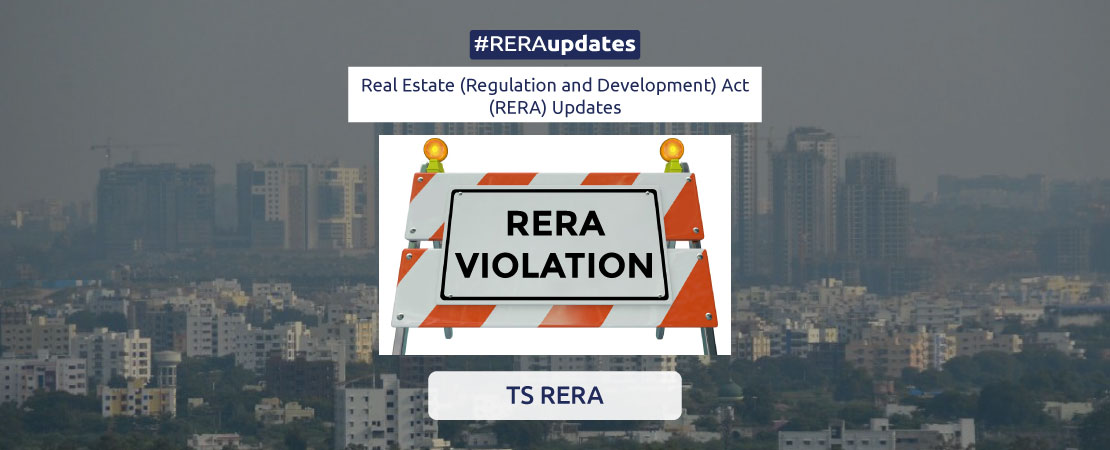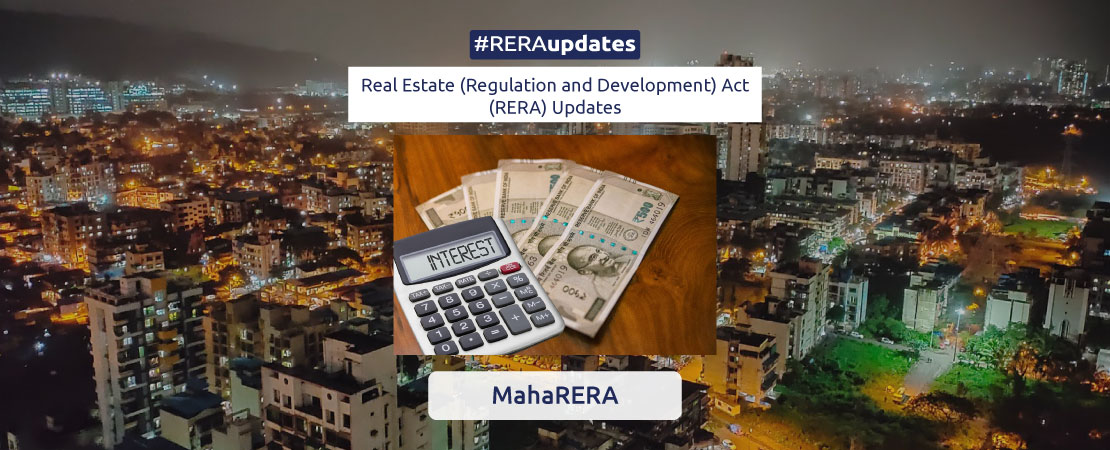Homebuyers’ apex body FPCE expects the implementation of realty law RERA to improve following the Supreme Court’s recent direction to the Centre to examine the rules framed by states and see whether those subserve the consumers’ interest.
Last month, the Supreme Court directed the Centre to examine whether the rules framed by various states under the Real Estate (Regulation and Development) Act, 2016 (RERA) are in conformity with the central legislation and subserve the interest of homebuyers.
A bench of Justices D Y Chandrachud and Surya Kant gave three months to the Centre to examine if there are any deviations between the rules drawn up by the states and those framed by the Centre in 2016, and to place the report by the first week of May 2022.
When contacted, Forum for People’s Collective Efforts’ (FPCE) President Abhay Kumar Upadhyay said: “Despite five years of its full implementation, RERA is yet to reach anywhere near its intended objective.”
The prime reason for this is that the states to whom responsibility has been given for its implementation did not follow any uniformity in their general real estate rules and rules for agreement for sale, he pointed out.
“Their (states’) rules were not within the four corners of the provisions of RERA. This took sting out of the Act and homebuyers were deprived of the benefits of RERA,” Upadhyay said.
On the other hand, the association’s president said, builders took full advantage of this and the fear of RERA catching them faded.
“In view of this, though late, but still this ruling from the Supreme Court will set things right going forward and many homebuyers will then reap the benefit,” he added.
Most importantly, this ruling would break the belief in most builders that they are above the law or that they can take the law for granted, he said.
“I sincerely hope that both the ministry to whom the task has been assigned directly and also the Amicus who has also been given responsibility will devote sufficient time and report not only all deviations but also missing content which may have left loopholes in the implementation of RERA,” Upadhyay said.
This order has once again raised the hopes of homebuyers that they will get justice sooner than later, he added.
Colliers India CEO Ramesh Nair said the Supreme Court’s decree to scrutinise RERA rules of states is significant as there is a lack of uniformity in builder-buyer agreements across RERA rules of various states.
“This directive will help bring accountability and transparency in dealings between homebuyers and developers in several cases,” he said.
The anomalies mainly existed with respect to the payment schedule, delivery schedule and associated delays, as well as liability towards structural defects, Nair pointed out.
“A uniform builder-buyer agreement will also lead to more confidence amongst homebuyers. It will instill trust in homebuyers, without the fear of any unwarranted liabilities,” Nair said.
Homebuyers would also have more faith in developers across the spectrum, and even in under-construction projects, the Colliers India CEO said.










